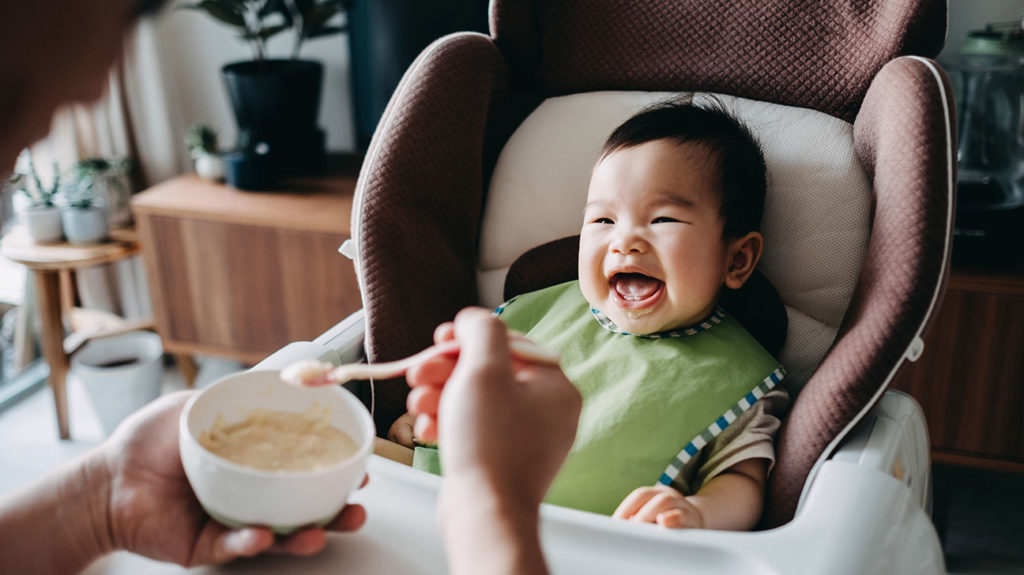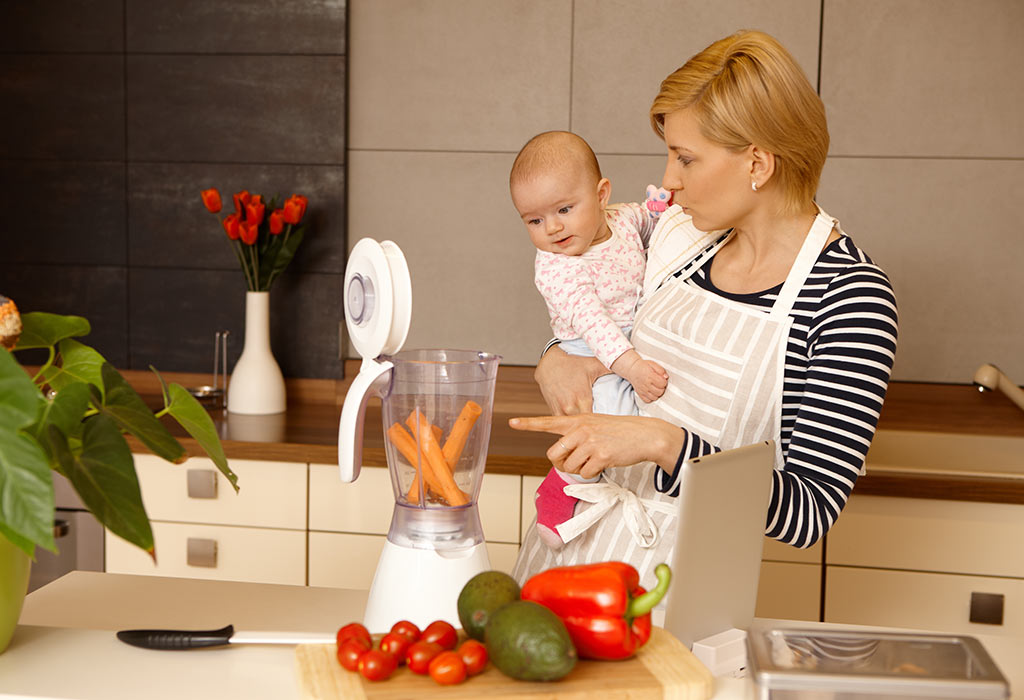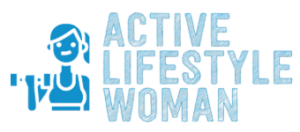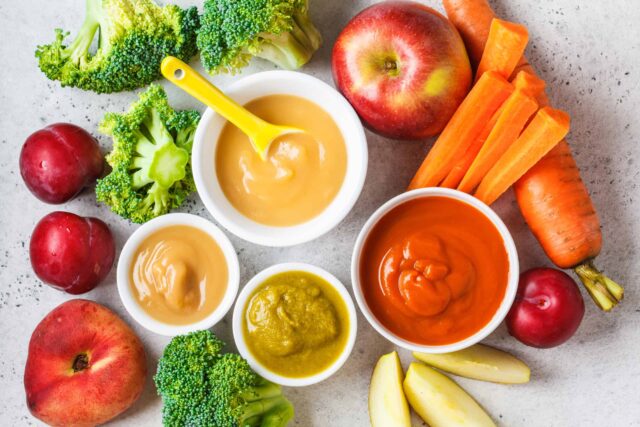At some point, parents realize that it is time to introduce their baby to a different kind of food. However, it is not really easy to make a decision about what kind of food you want to give to your child.
Also, you are concerned about how the child will react to the new food. The most significant thing that parents think about when they want to give their kids specific solid food is the nutritional value it comes with. That is where the age-old question arises – whether you should make homemade food for the baby.
Many parents are now deciding on preparing meals at home. Logically, there is nothing wrong with this since humans were feeding their babies long before the glass jars in the supermarket were invented.
Therefore, if you are considering taking this step because you want to provide your baby with healthy and organic food, you should be confident while taking this step. In this article, we prepared a little guide that will tell you when it is time to start feeding your kid with solid food and the advantages and disadvantages that homemade food comes with.
Best Time to Start with Solid Food

In general, there is an exact time when you should start giving your baby solid food because all babies are individuals. The best time would be when you notice that your baby is actually ready to eat new food.
More precisely, you will notice that your baby developed certain skills that are important for introducing the baby to solid food. For instance, if your baby starts to sit up with just a little support, maintains good head control while eating, and actually starts to get interested in exploring solid food, you can try and give it to the baby.
Therefore, if you see that your baby is looking in your plate at what are you eating and even opening a mouth to taste from your spoon, you should know that this is a clear sign that you can give the food to the baby.
Also, pay attention to whether the baby has the ability to close the mouth and turn the head when he is full or not feeling hungry. Many research shows that most babies demonstrate these skills around 6 months of age. However, this can be even earlier.
What Food Should You Use?

If this is your first baby and you are not really sure what kind of solid food you should give to the baby, it is very important to not put a lot of pressure on yourself first. Primarily, it would be best to start with simple and blended food including cereals, fruit, and vegetables.
You have complete freedom to be creative and try different things to mix. Just be patient and you will see that your child will accept both vegetables and fruits. Once you see that your child started to demonstrate expert skills at the table, you can start adding meats to the meals.
Advantages of Homemade Baby Food

The main reason why parents are deciding to prepare meals for their babies is that the commercial baby food can be really expensive and also they are not really sure whether the ingredients n the jar are quality.
When you are preparing your own food, you can save a lot of money, and additionally, homemade food comes with flexibility and convenience factor. In general, you are going to have more choices and options to be creative.
Additionally, your baby can participate and eat the same meal that the whole family is eating just in a simpler version. You will also know what your baby is eating because you bought the ingredients and cleaned them. Lastly, homemade food is environmentally friendly because there are no packaging and jars that will end up in a landfill.
Some tips for preparing homemade food

You should know that preparing food for the baby is not really rocket science. Firstly, you want to wash your hands, equipment, products, and food that you are going to use. After that, peel the vegetables and fruits that you want to prepare, and do not forget to remove pits and seeds.
After that, you can blend the food, microwave it, cook it, bake it, or do something else. In general, it would be best to add a little breast milk or infant formula in the beginning while you are introducing your baby to new food. As your baby becomes comfortable with new tastes and textures, you can be free to make new changes.
The only thing that you need to do is supervise your child while eating and avoid potential choking. Keep things simple, do not worry, and have fun!
Disadvantages of Homemade Baby Food
Since we are all living busy lives nowadays, the biggest problem with preparing homemade baby food is that it takes time. Parents need to work, so the last thing they want to do after coming home from the work is spend time in the kitchen and prepare food for the baby.
They would rather spend that time playing with the baby. Also, storing homemade baby food requires a lot of space in the refrigerator and it also spoils faster than food for the baby that is bought in a jar.
Moreover, you need to be very careful about food safety. From preparing food to the point when your child eats it – you need to control the whole process. Firstly, you need to make sure that you washed and clean all products well, that you stored properly the food, and finally that your baby eats it in a timely manner.
Where is the balance?

Finding the between preparing homemade baby food by yourself and buying commercial jars in the supermarket can be a challenging task. However, we did a little research for the parents that do not have time for preparing meals and yet they want to feed their babies with nutritious food and find the solution.
Some brands are offering 100% organic food for babies that are safe and rich in nutrition. We found a reliable and very popular brand that puts a lot of effort into making delicious food for the babies. If you are interested, you can check organicsbestshop.com and see their wide selection of organic food.




